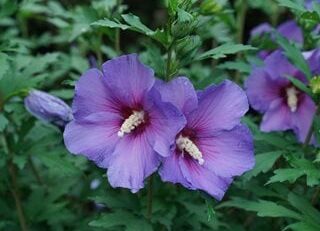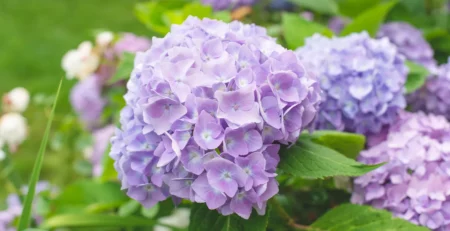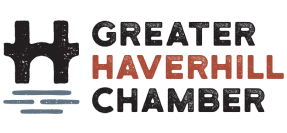The Importance of Pollinators
In this industry, we get a lot of requests for plants that will attract butterflies, bees, and hummingbirds to the garden. Butterflies and hummingbirds are a beautiful sight to see in the garden, but did you know that they, along with bees, wasps, and even flies, all belong to a special group of animals called pollinators? Over 200,000 species belong to this diverse group, and they’re all essential to plant reproduction.
Imagine a world without flowers, plants, fruits, veggies, or even coffee or chocolate. Scary right? It is because of pollinators that we are able to enjoy our morning coffee while looking out at our beautiful gardens or enjoy fresh fruits and veggies from our own backyards. So what exactly is pollination?
By definition, pollination is the transfer of pollen (that yellow powder that makes a good portion of the population sneeze in the springtime) from the male parts of a plant to the female parts to allow for fertilization. Pollination is the process through which plants reproduce and to produce fruit or seeds. How does pollen get from one plant to another? Most pollinators, such as bees and hummingbirds, will drink nectar from flowers and will often get pollen stuck to their bodies. The pollen is then carried from plant to plant as the pollinator feeds.
 It isn’t just food that plants are grown for—clothing, medicine, beverages, spices, and so much more all need to be pollinated in order for plants to produce them. However, in recent years, there has been an alarming decline in pollinators due to loss of habitat, misuse of pesticide applications, invasive plants and animals, and diseases and parasites. You can help pollinators by planting the right plants in your yard that will attract them. Bees, for example, are attracted to brightly-colored flowers; hummingbirds tend to favor brightly-colored tubular flowers as those hold the most nectar. Bee balm, columbines, mandevilla, and others are perfect to plant in your garden for them. You can also build houses for bats and bees in your backyard. Below is a link to wonderful guide to pollinators detailing out the habits of each and what kinds of native plants you can keep in your garden that will attract them.
It isn’t just food that plants are grown for—clothing, medicine, beverages, spices, and so much more all need to be pollinated in order for plants to produce them. However, in recent years, there has been an alarming decline in pollinators due to loss of habitat, misuse of pesticide applications, invasive plants and animals, and diseases and parasites. You can help pollinators by planting the right plants in your yard that will attract them. Bees, for example, are attracted to brightly-colored flowers; hummingbirds tend to favor brightly-colored tubular flowers as those hold the most nectar. Bee balm, columbines, mandevilla, and others are perfect to plant in your garden for them. You can also build houses for bats and bees in your backyard. Below is a link to wonderful guide to pollinators detailing out the habits of each and what kinds of native plants you can keep in your garden that will attract them.






